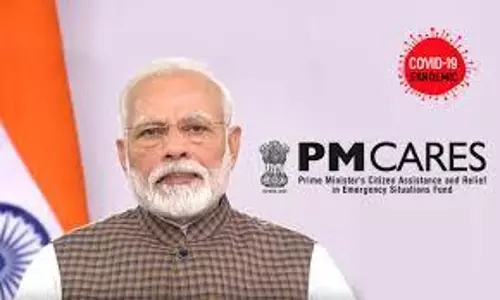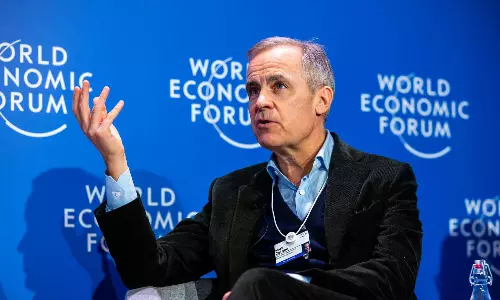
Infertility does not discriminate, One in six people affected globally, says WHO
text_fieldsNew Delhi: Infertility is a problem for an estimated one in six people globally.
A report published by WHO said that 1.75% of the adult population experience infertility. The international body highlighted the urgent need to increase access to affordable, high-quality fertility care for people in need. It also said that there is limited variation in the prevalence of infertility between regions.
The rates are comparable for high-, middle- and low-income countries, indicating that this is a major health challenge globally. Lifetime prevalence was 17.8% in high-income countries and 16.5% in low- and middle-income countries.
"The report reveals an important truth: infertility does not discriminate. The sheer proportion of people affected shows the need to widen access to fertility care and ensure this issue is no longer sidelined in health research and policy so that safe, effective, and affordable ways to attain parenthood are available for those who seek it," said Tedros Adhanom Ghebreyesus, Director-General at WHO.
"Millions of people face catastrophic healthcare costs after seeking treatment for infertility, making this a major equity issue and all too often, a medical poverty trap for those affected. Better policies and public financing can significantly improve access to treatment and protect poorer households from falling into poverty as a result," said Pascale Allotey, Director of Sexual and Reproductive Health and Research at WHO.
"Despite the magnitude of the issue, solutions for the prevention, diagnosis, and treatment of infertility - including assisted reproductive technology such as in vitro fertilization (IVF) - remain underfunded and inaccessible to many due to high costs, social stigma, and limited availability." added the report.























